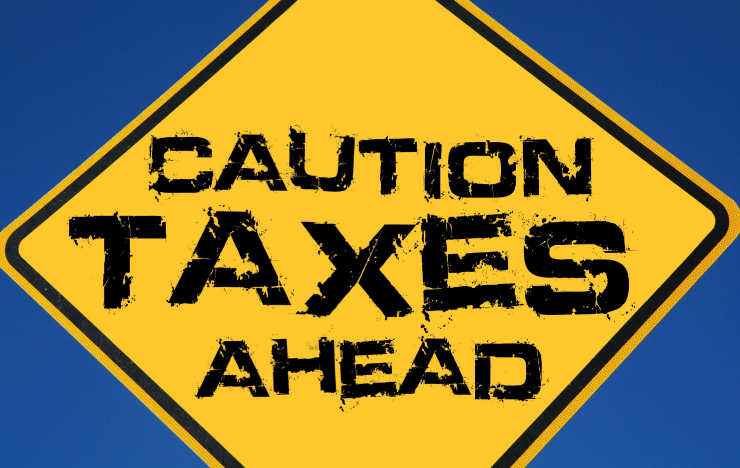
I like this as a reminder for your accountant. Laura Saunders writes in The Wall Street Journal:
Higher interest rates mean higher yields on U.S. government debt, and Americans are loving it.
Individual investors have plowed around $213 billion, net, into government money-market funds so far in 2023 versus outflows of around $7 billion this time last year, according to the Investment Company Institute. Besides yields that in some cases top 5%, government bonds offer safety. About 40% of this year’s $213-billion inflow came in March, when the banking system was in turmoil.
An added bonus: in many cases interest on government debt isn’t taxable by the states. But not all federal issues qualify for this exemption, and there are added wrinkles when it comes to funds such as government money-market funds. Only some holdings in a fund may garner an exemption from state taxes, or the amount that qualifies might have to meet certain thresholds in some high-tax states. (Federal taxes will always be due.)
Here’s why this gets gnarly. According to longstanding Supreme Court precedents, the Constitution prohibits the states from taxing federal debt. But the prohibition provides blanket relief only for interest on Treasury securities, including savings bonds.
Otherwise, Congress decides when setting up an agency whether its bonds will be state-tax free or not, according to Investment Company Institute tax attorney Katie Sunderland.
The result is a mishmash. Aside from Treasury debt, state-tax free bonds include those from agencies such as the Federal Farm Credit Banks, Federal Home Loan Banks, Sallie Mae and the Tennessee Valley Authority. Yet interest on mortgage bonds from Ginnie Mae, Fannie Mae and Freddie Mac is subject to state taxes.
Action Line: Taxes can erode your investment returns. Be sure to discuss them with your accountant.



